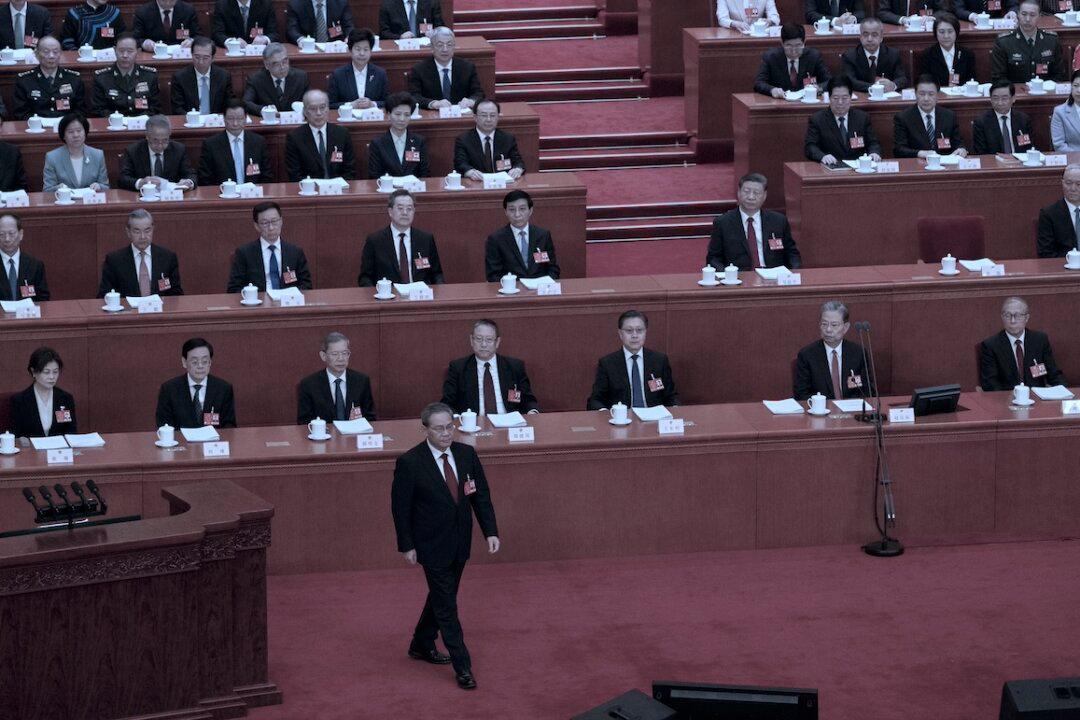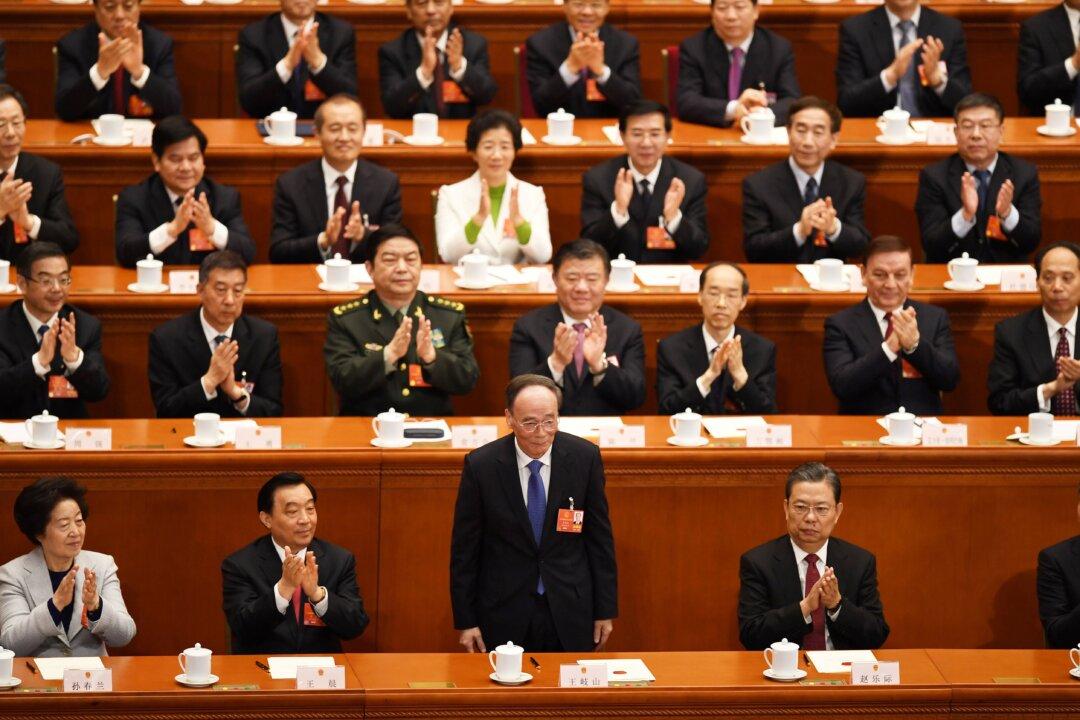The default of a private financing company in China’s Jiangxi Province has resulted in thousands of investors losing their investments. Despite more than two years of efforts to seek redress, no resolutions have been achieved, with the total financial losses exceeding tens of billions of yuan.
Recently, a video circulated in a post on X showed a large group of people protesting in front of Jiangxi Bank’s headquarters. The protest, which occurred on July 3 in Nanchang, the capital city of Jiangxi Province, attracted significant public attention.





